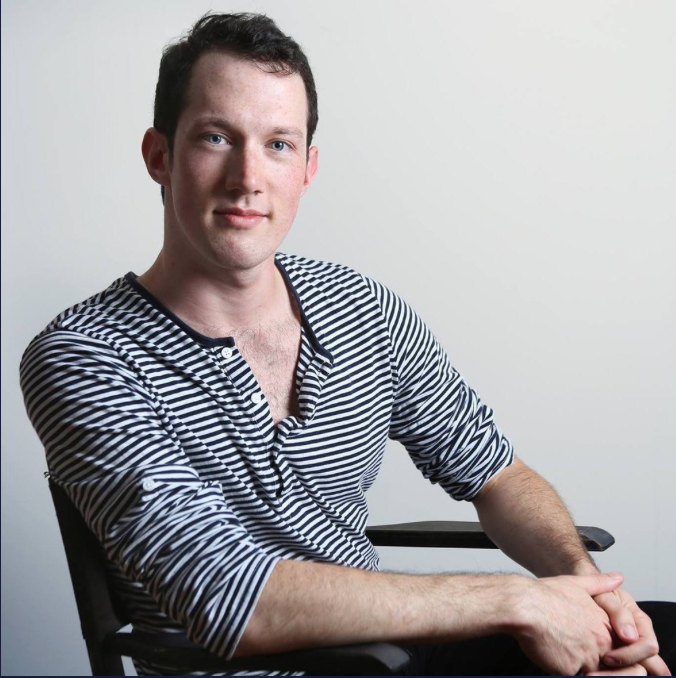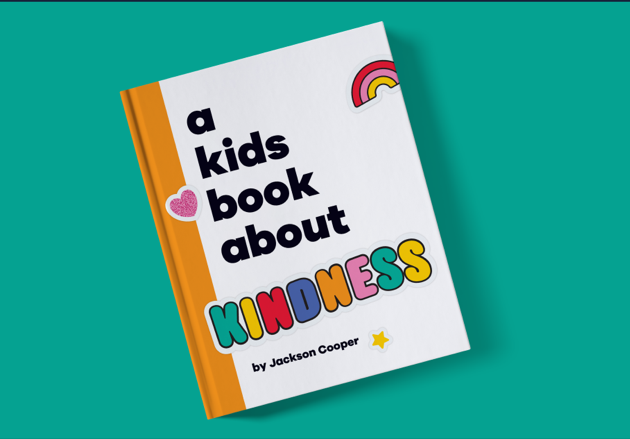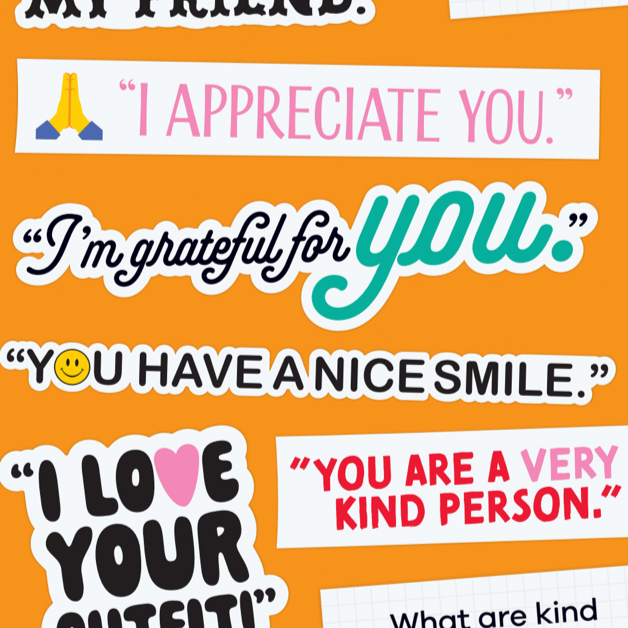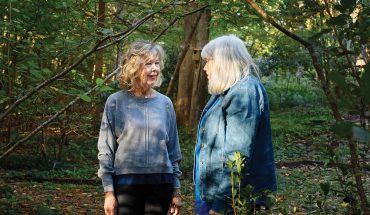The author of A Kids Book About Kindness shares why its message is timely — and not just for young ones.
As told to Ayn-Monique Klahre
Longtime arts advocate and administrator Jackson Cooper grew up in Wake Forest and started working in the arts as a teenager, interning and volunteering at organizations like NC Theater and Carolina Ballet. In college at University of North Carolina Greenville, he created an arts administration degree for himself, working with the theater school and business schools and ended up graduation with a theater degree and a business major, and studied nonprofit organizational change.
Since then, Cooper has worked for the Chamber Music of Raleigh, the NCMA and at the Alamo Drafthouse on New Bern programming movies. Cooper moved to Seattle a few years ago to work for the Pacific Northwest Ballet, and teaches at universities in Seattle and North Carolina. We talked to him about his new book, A Kids Book About Kindness.
What made you want to write a book?
I always knew I wanted to write a kids book, and I was thinking about what big lessons I wanted future generations to know about. Each of my roles has had a component of writing about arts and advocacy, and I thought about how an artist shares their work and their craft, and how that’s so much about collaboration, sharing and giving. I though maybe I could write a kids book that incorporated my own experience. So I reached out to A Kids Co, which publishes books on different topics, and pitched a kids book about giving. They thought that seemed a little too specific, but as we were talking about it, I realized that giving was really just a component of kindness, and they loved that.
We signed a contract and I worked on the book with an editor, and it was great! It got published and I’ve just been getting incredible feedback. I didn’t realize how timely it would be. We’re coming out of COVID, we’re heading into an election year. February is Random Acts of Kindness Month. Kindness is really what unites the world. Also, even though it says it’s a kids’ book, I’ve been having a lot of adults and grown readers getting a lot out of it.
What are they saying?
Well, one part of the book highlights how to be kind to yourself. Especially in this age of TikTok, where wellness can mean anything, it’s a simple message just to be kind to yourself, but also to be present for others. Kindness can take time and energy, and it’s meaningful to be out there for somebody, but also to consciously spend time and energy on yourself.
In the book, you break down kindness into four categories. How did you figure those out?
I just reflected on the situations where have people have said thank you for being kind. So often, we think that kindness has to be a big gesture — that person paid for my Starbucks or got me a gift — but I wanted the reader to realize that kindness can be both as big or as small as you want It to be. It’s as easy as smiling at a stranger at a grocery store, or checking in on a friend.
That made me realize that kindness is a choice. We all have the tools to be kind every day, so the biggest thing is, let’s commit to doing at least one kind thing every day. It’s as simple as smiling or telling someone to have a good day, or texting to make sure they got home safe. We don’t want to set the bar too low, but we want to recognize that being kind is easy and accessible. It helps you feel good about yourself in a selfless way.
Who is this book geared toward?
Well, obviously it’s geared toward kids, but also toward the parents and caregivers reading with them. As adults, we think we know what kindness is, but sometimes we forget that kindness is a choice. I think this book should be in the offices of CEOs, on the desks of university professors and teachers — in front of anyone who’s in charge of people, whose managing their success or supporting their growth. I hope people aren’t turned off that it’s called A Kids Book About Kindness, because it might resonate even more with adults who need to be reminded even more of these things. It’s an evergreen idea that’s accessible for anyone.
How do you see this affecting these adult situations?
I think it’s important to give voice to these reminders, especially with things like workplace culture or politics. We’re striving for more equity among genders or races, and what’s missing from the conversation is kindness. When I see anti-LGBT or anti-trans legislation happening across the country, I see that kindness is what’s missing — we’re missing that unifying idea of being kind toward others, regardless of their identity. That’s what we need more of right year. Especially in an election year, when so much of the dialogue is negative, we need a tool to bring us closer to each other. We’re all connected and all together in this. I want to spread the word of kindness.
This article was originally published on waltermagazine.com on February 15, 2024.







